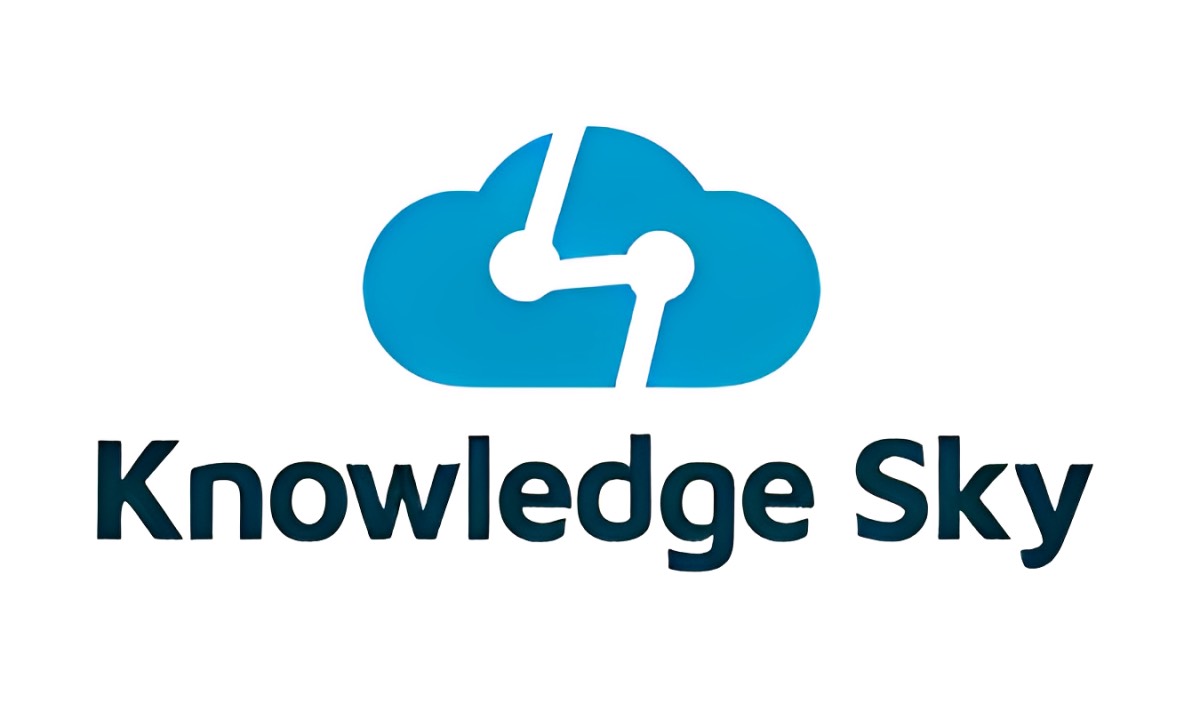
Changing careers can be a daunting yet exciting prospect. Whether you’re seeking new challenges, pursuing a passion, or adapting to industry changes, a successful career transition requires careful planning and preparation. Let’s study key steps to help you navigate this significant change.
Career Change in the United States
In 2023, a significant number of Americans considered changing their careers. Surveys indicate that nearly 60% of middle-income American workers thought about changing careers, and 44% of them had a specific plan to do so. Additionally, almost half (49%) of American workers were actively seeking a career change.
Furthermore, a survey by OnePoll found that about one in four Americans were looking to switch their career paths entirely in the coming year. This high rate of career contemplation and change reflects the dynamic nature of the current job market and the evolving priorities of the workforce.
Citation: (GoRemotely) (Novorésumé)(Study Finds)
Self-Assessment
Evaluate Your Current Situation:
- Assess your job satisfaction and identify what you like and dislike about your current role.
- Determine your reasons for wanting a change, whether it’s personal growth, better work-life balance, or financial incentives.
Identify Transferable Skills:
- Make a list of skills and experiences from your current job that can be applied to your new career.
- Consider soft skills such as communication, problem-solving, and leadership, which are valuable across industries.
Explore Your Interests and Values:
- Reflect on what you’re passionate about and what motivates you.
- Identify your core values and how they align with potential new careers.
Research and Planning
Research Potential Careers:
- Explore various industries and roles that interest you.
- Conduct informational interviews with professionals in those fields to gain insights.
Identify Skill Gaps:
- Determine what new skills or qualifications you need for your desired career.
- Consider taking courses, certifications, or training programs to bridge these gaps.
Develop a Transition Plan:
- Set realistic short-term and long-term goals for your career change.
- Create a timeline and action plan to achieve these goals, including steps such as updating your resume, networking, and applying for jobs.
Networking and Professional Development
Leverage Your Network:
- Reach out to your existing network for advice, referrals, and support.
- Attend industry events, join professional organizations, and connect with people in your desired field on LinkedIn.
Gain Relevant Experience:
- Look for volunteer opportunities, internships, or part-time roles in your new field.
- Consider freelance or project-based work to build a portfolio and gain practical experience.
Seek Mentorship:
- Find a mentor who has successfully navigated a career change or is established in your target industry.
- Use their guidance to navigate challenges and make informed decisions.
Financial and Practical Considerations
Assess Your Financial Situation:
- Review your finances and create a budget to manage the transition period.
- Save money to cushion potential income gaps during the job search.
Update Your Resume and LinkedIn Profile:
- Tailor your resume to highlight relevant skills and experiences for your new career.
- Update your LinkedIn profile to reflect your career aspirations and connect with industry professionals.
Mindset and Resilience
Cultivate a Positive Mindset:
- Stay open to learning and be adaptable to change.
- Practice self-care and manage stress through healthy habits and support systems.
Be Patient and Persistent:
- Understand that career transitions take time and perseverance.
- Celebrate small victories and stay committed to your goals.
Conclusion
Embarking on a career change is a significant step that requires careful planning, research, and resilience. By assessing your skills, exploring new opportunities, and preparing strategically, you can successfully navigate the transition and find fulfillment in your new career. Remember, the journey may be challenging, but with determination and the right resources, you can achieve your career aspirations.


